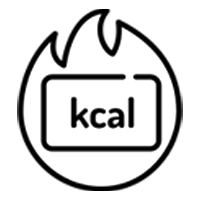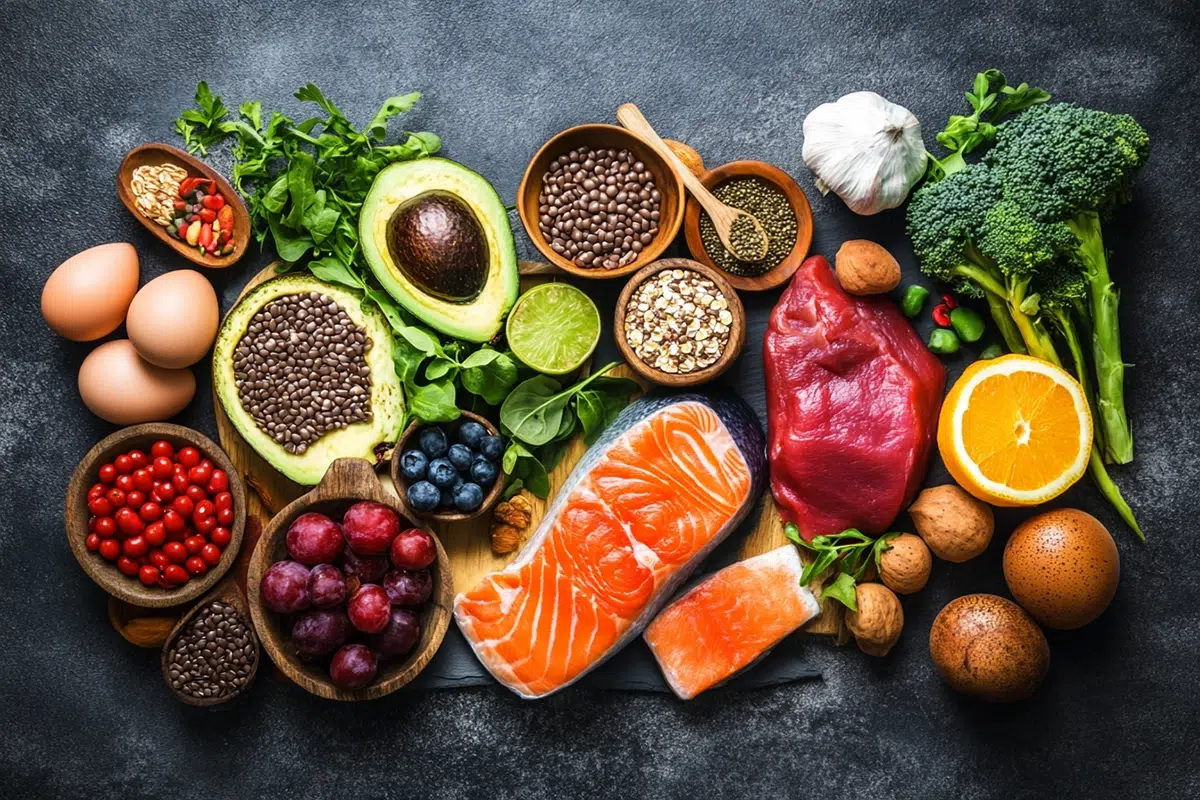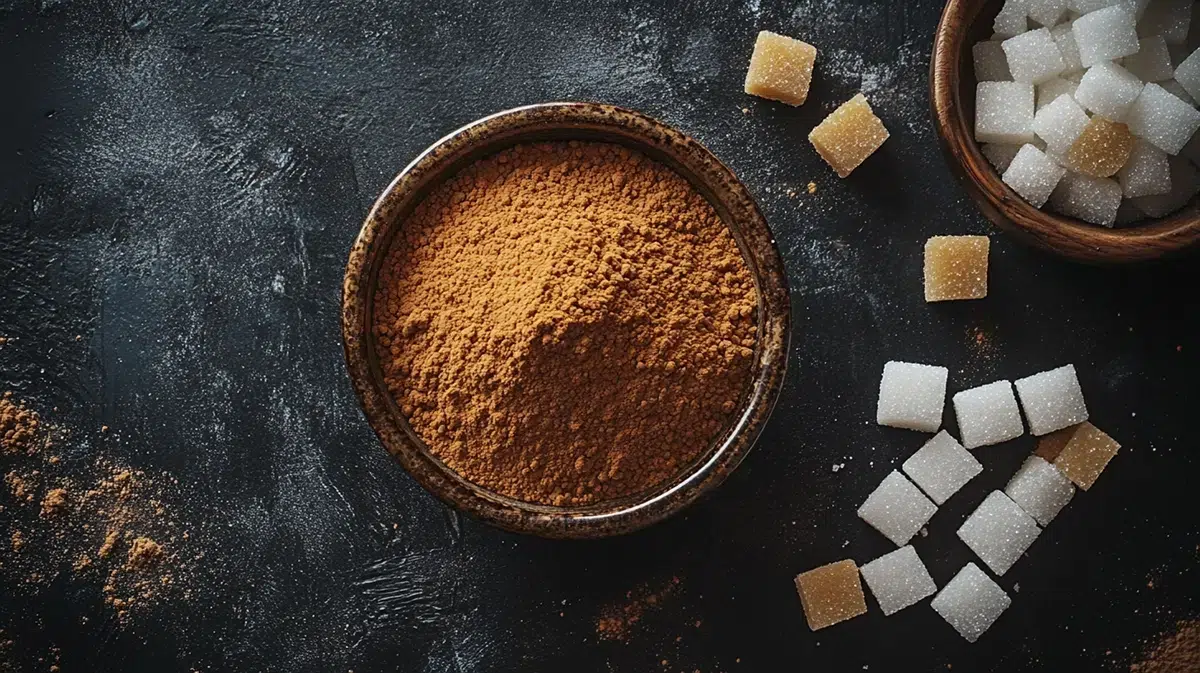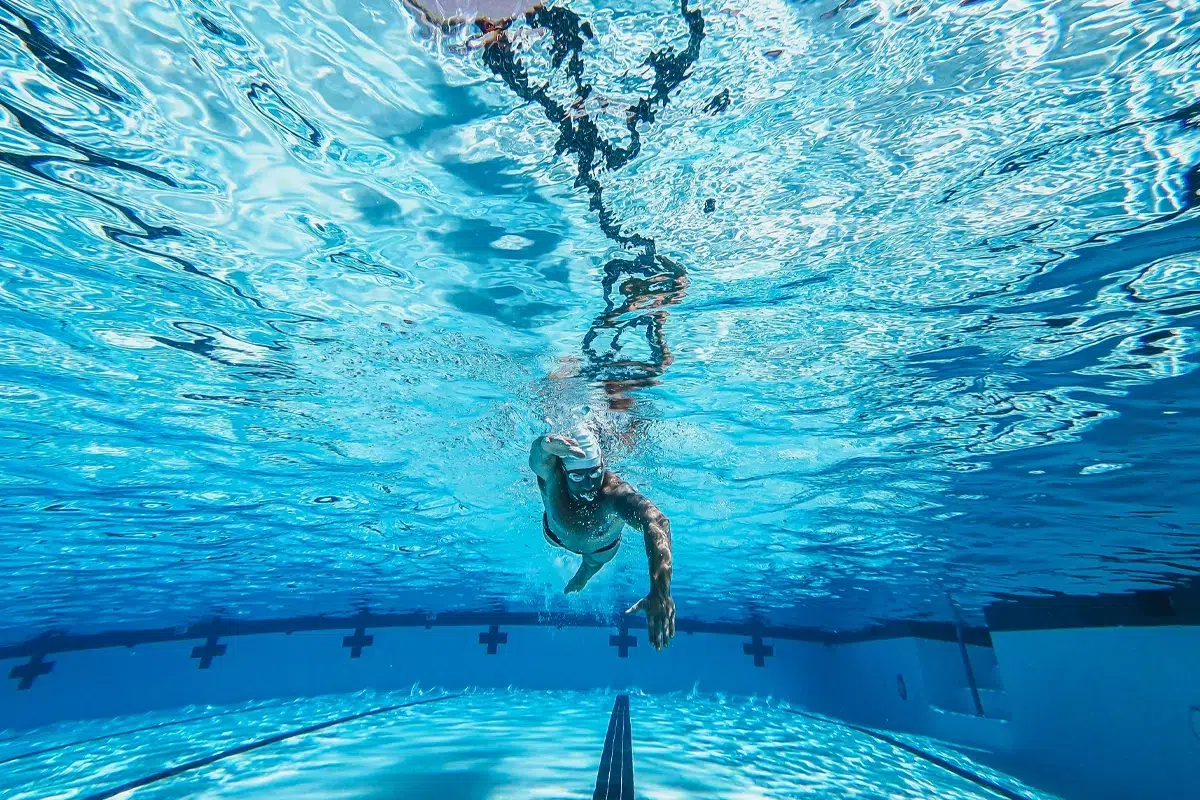Show summary Hide summary
- Select a sport to calculate the caloric expenditure per minute of exercise
- A different energy expenditure depending on the sport, the activity and on the person
- Comparison chart on the number of calories burned in 3 different sports activities
- A list of over 35 sports to discover with the corresponding energy expenditure
Select a sport to calculate the caloric expenditure per minute of exercise

🏃♂️ Wondering how many calories you burn by doing sport for 30 minutes or an hour? Our tool gives you calorie estimates based on your chosen activity.
Discover other REGIVIA calculators:
A different energy expenditure depending on the sport, the activity and on the person

Sports and other factors affecting caloric expenditure
Calorie expenditure varies according to the sport practised, the duration of the session and the intensity! But these 2 criteria are not the only ones to influence calorie expenditure. Your profile is also a factor to be taken into account! You won’t burn the same number of calories if you’re a man or a woman, and this will also be the case depending on your weight, age or height.
A metabolic equivalence for each sport
Apart from the personal criteria linked to your profile, each sport has a metabolic equivalence defined in ” METs “(Metabolic Equivalent of Task: MET Value). This unit of measurement is derived from statistics and provides a more accurate measure of the impact of a sport in terms of calorie expenditure. 1 MET corresponds to the energy expended by a person at rest (sitting in a chair). Let’s take an example: if you jump rope intensely, the metabolic equivalent will be 11.5. This means that you will burn 11.5 times more calories than at rest.
Understanding the importance of rest and recovery
It’s essential to understand that recovery also plays a role in the energy expenditure process. After an intense training session, your body continues to burn calories at a higher rate during a period known as post-combustion or EPOC (excess post-exercise oxygen consumption). This is why high-intensity activities such as high-intensity interval training (HIIT) can have a significant impact on your total calorie expenditure.
The impact of exercise on mental and emotional health
It’s also important to note that exercise not only has a physical impact, but also a psychological and emotional one. Regular exercise has been shown to improve mood, reduce stress and anxiety, and can even improve sleep quality. These benefits can have an indirect impact on your energy balance by improving your motivation to exercise and reducing stress-related eating behaviours.
Ultimately, it’s important to remember that while calculating calories burned can be a useful tool for understanding and managing our energy balance, physical activity should not be reduced to a simple matter of calories. Exercise benefits our bodies and minds in so many different ways – it improves our cardiovascular health, strengthens our muscles and bones, helps us manage our weight, improves our mood and sleep quality, and much more. So choose an activity you enjoy, set yourself realistic goals and enjoy the movement!
Comparison chart on the number of calories burned in 3 different sports activities
A few concrete examples with walking, running and skipping rope!
Below you can see from our list of different calorie expenditure tables that physical activity burns more or fewer calories, depending on its intensity. However, although it’s a good idea to work on your cardio with moderate- or high-intensity sports, you shouldn’t underestimatethevalue of the gentle activities of daily life. Walking, for example, allows you to break the sedentary lifestyle throughout the day, and even if you have to choose, it’s always better to take 10,000 steps a day than to be sedentary all week, apart from the 3 hours a week of intense sports you allow yourself.
Ordinary walk
5km h
Expenditure in Kilocalories
| Weight | 15 minutes | 30 minutes | 1 hour |
|---|---|---|---|
| 40 kg | 32 | 63 | 126 |
| 50 kg | 39 | 79 | 158 |
| 60 kg | 47 | 95 | 189 |
| 70 kg | 55 | 110 | 221 |
| 80 kg | 63 | 126 | 252 |
| 90 kg | 71 | 142 | 284 |
Running
8km h
Expenditure in Kilocalories
| Weight | 15 minutes | 30 minutes | 1 hour |
|---|---|---|---|
| 40 kg | 84 | 168 | 336 |
| 50 kg | 105 | 210 | 420 |
| 60 kg | 126 | 252 | 504 |
| 70 kg | 147 | 294 | 588 |
| 80 kg | 168 | 336 | 672 |
| 90 kg | 189 | 378 | 756 |
Skipping rope
Intense
Kilocalorie expenditure
| Weight | 15 minutes | 30 minutes | 1 hour |
|---|---|---|---|
| 40 kg | 121 | 242 | 483 |
| 50 kg | 151 | 302 | 604 |
| 60 kg | 181 | 362 | 725 |
| 70 kg | 211 | 423 | 845 |
| 80 kg | 242 | 483 | 966 |
| 90 kg | 272 | 543 | 1087 |
A list of over 35 sports to discover with the corresponding energy expenditure
All sports in detail!















































